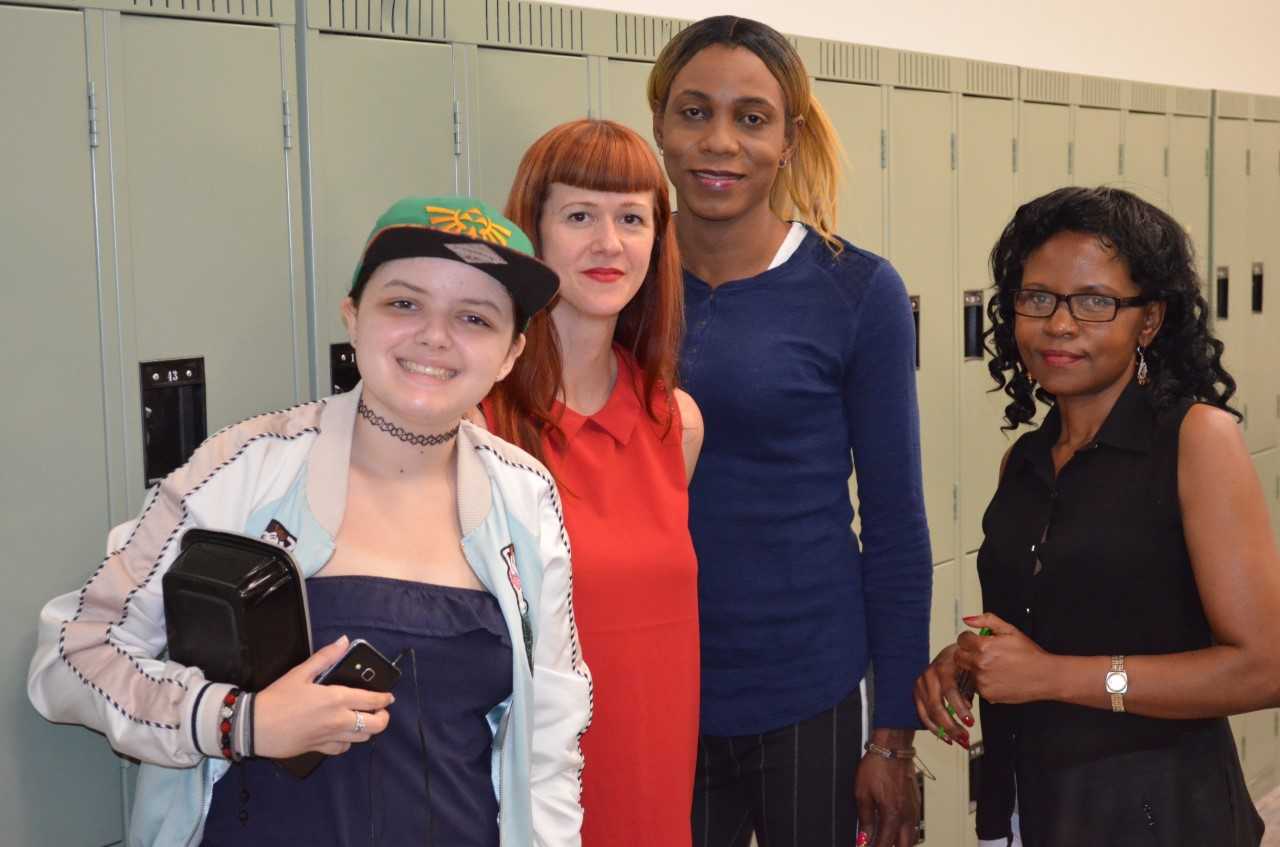Updated December 2025
A community services worker (CSW) diploma is a quick, efficient way to start a career in social services.
If you want to do front-line work in your community, but don’t want to earn a university degree in social work, a CSW diploma is a good alternative. It takes just 12 months to complete the program.
We have been delivering CSW training for several years.
Students always say their favourite part of the program is the hands-on training in counselling, plus the real experience they get on internship at a local community organization. Most students are excited to get out there and start working with people in need. They’re not interested in spending years studying social work history and theory.
So, exactly what topics and skills are covered in a CSW diploma? How does it prepare you for the challenges of supporting at-risk people?
Read on for a good preview of what you’ll be learning in class.
1. Addictions and Mental Health
One in five Canadians suffers from a mental health disorder. By age 40, about half our population will have (or have had) a mental illness, according to the Canadian Mental Health Association.
What’s more, Statistics Canada data shows that as of 2022, over 16 per cent of our population had an alcohol use disorder at some point in their life. Another 10 per cent struggled with cannabis or other drug use.
These issues are even more common among vulnerable populations like at-risk youth, isolated seniors, and people living on the street. These are the populations CSWs work with on a daily basis.
So, your CSW diploma will teach you about common mental health disorders, symptoms, consequences, and treatments. This is crucial knowledge to work in social services.
2. Interviewing and counselling people in need
It takes a very special skillset to build trust with people who are struggling with serious personal and social problems. CSWs must learn how to make a connection, gather important background information, and identify obstacles and goals for each person they work with.
Your CSW diploma will train you to develop those skills. You will study different approaches to interviewing and counselling, do role-plays to practise your technique, and observe professionals in action during your internship.
3. Overview of Canadian social services
Part of your job as a CSW is to connect clients to available social services and programs. To do that, you need to know how the system works in Canada and which programs are available in your area.
For example, you may work with someone who needs temporary housing, employment counselling, financial welfare support, treatment for addiction, or crisis intervention.
Your CSW program will teach you what resources exist and how to connect clients with those resources. You'll learn about flaws in our current social services system and the role of government in providing funding and support to people in need.
4. Human psychology and sociology
In order to help people in need, you must understand what drives them. You need to understand their motivation, mindset, personality traits, and behaviour patterns.
In other words, you need a grasp of human psychology. This is a key topic in CSW training. You will also study family dynamics, sociology, and how we change and develop at different stages of life, from infancy to adulthood.
You will also reflect on your own values, biases, and cultural beliefs. Self-reflection is a big part of this program because it helps you build empathy and understanding for what other people are going through.
5. Professional skills for CSWs
There is a practical side to working as a community services worker. This includes things like using office software, writing intake and progress reports, updating client files, and coordinating with other social services and healthcare professionals.
Before you graduate, you will gain experience in all these areas, including how to prepare your resume and cover letter and get ready for job interviews.
6. real work experience
A quality CSW diploma includes an internship at a local community organization. At Herzing College, students get a say in where they do the internship.
Many are interested in working with a particular group, such as the LGBTQ community, Indigenous community, at-risk youth, at-risk women, people with intellectual disabilities, or newcomers to Canada. You can request to work with a certain organization or population and the college will try to arrange the internship for you.
The internship is the most important part of your training. It’s where you will apply the skills you learned in class and get real CSW work experience.
Many students get offered jobs at the same place they do their internship. So it can be a great way to kick-start your career.
What else should you know about CSW training?
Most CSW programs are about a year long. The goal is to quickly prepare you for entry-level CSW jobs, where you will continue to learn and develop your skills.
After graduation, you will be qualified to work with social service and government agencies, mental health agencies, group homes, shelters, substance abuse centres, school boards, correctional facilities, and more.
Admission requirements are usually quite simple—a high school diploma or GED, entrance test, and interview to determine your suitability for a career in social services.
Still have questions?
If you’d like to learn more about CSW training and careers, we strongly suggest speaking with an admissions advisor. Advisors can walk you through the program, talk about job options, and explain costs and financial aid. They can help you decide if CSW is the right career for you.
Get started by exploring the CSW diploma from Herzing College. Training takes 12 months and includes an internship.
Click below to see program details and chat live with an advisor. We’re here to help!







